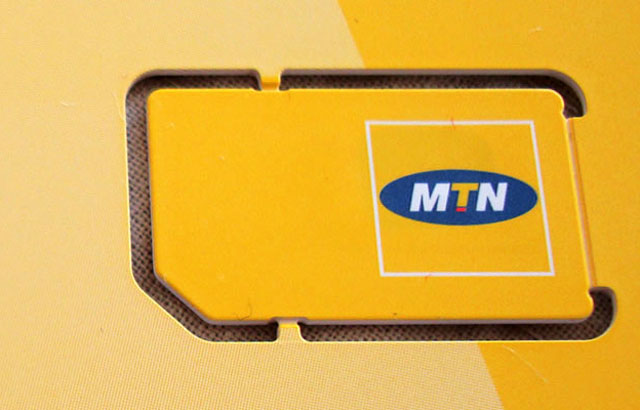
Eyebrows have been raised at possible corporate breaches around the purchase of Shanduka Group’s minority stake in MTN Nigeria. Now a legal expert has warned that the holding company may have bigger problems making sure its agreement complies with new local and international legislation.
South Africa, as a signatory to the Organisation for Economic Co-operation and Development (OECD), is facing increased pressure to comply with international laws governing corruption and to take action against local companies for the behaviour of its agents or subsidiaries.
MTN is already in the spotlight for its operations in Iran and MTN Nigeria was, until the deal on Wednesday, 78,8% owned by the South African-based MTN Group.
Forensic expert Steven Powell of Edward Nathan Sonnenbergs said Shanduka, despite being unlisted, would need to have investigated its target acquisition company to ensure that it is not buying into an entity that is involved in any corrupt activity, as Shanduka could find itself held liable. In terms of far-reaching regulations to the Companies Act introduced last year, South African firms are accountable for the actions of subsidiaries and companies they contract to when it comes to corruption.
Many unlisted companies are unaware they need to comply with OECD guidelines. The responsibility increases as the stakeholding grows.
The Shanduka group, which is 25% owned by China’s sovereign wealth fund, acquired the stake in MTN Nigeria for US$335m through its Mauritian unit. It was estimated that the deal would make Shanduka the third-largest shareholder in MTN Nigeria.
Faced with slow growth locally, South African firms are increasingly looking to African countries to boost their consumer markets. MTN Nigeria is Shanduka’s largest investment outside South Africa.
Powell said most companies, particularly unlisted ones, are unaware of the “far-reaching and onerous” requirements accompanying the Companies Act when it comes to a company’s responsibility to prevent corruption.
Powell said that a social and ethics committee will be required to oversee compliance with the OECD’s Convention of Combating Bribery of Foreign Public Officials in International Business Transactions, to which South Africa is a signatory.
This applies whether they are state-owned companies, listed or large unlisted companies and can cover what many consider minor infractions.
“While South Africa has not been actively taking action against companies, it is under pressure from the international community to take a stronger stance on corruption and accountability,” said Powell.
“Companies need to ensure that they have complied with OECD obligations even when it comes to their subsidiaries or investments.”
Companies need to continually monitor their subsidiaries or investments. The OECD requires that companies perform due diligence on agents, intermediaries and consultants to ensure they do not pay bribes on behalf of the company and that they conduct a risk assessment of their company and monitor the performance of companies to which they have links.
There is increased focus by the international community on developing countries and Africa in particular, said Powell.
The US, which is considering action against MTN for its conduct in Iran, has legislation that allows for investors to be held accountable for the actions of the companies in which they invest.
Shanduka spokesperson Steyn Speed said Shanduka’s investment was not as high as the speculated 21,2%. “It’s not substanial, it’s in single digits,” said Speed.
Shanduka chief executive Phuti Mahanyele indicated the company “intended to be a passive financial investor”. — (c) 2012 Mail & Guardian
- Visit the Mail & Guardian Online, the smart news source




